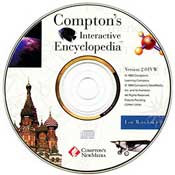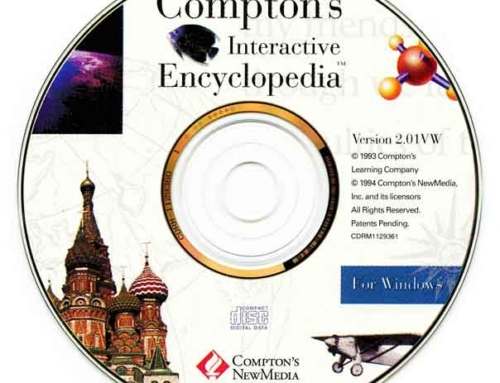Subchapters
- A Milestone in Evolution of the Human/Machine Interface
- The Proper Study of Mankind
- The Encyclopædia Britannica First Edition
- The Encyclopedist’s Art
- William Benton, EB Owner and Publisher
- Robert Hutchins, University of Chicago President
- Mortimer Adler, Philosopher
- Charles Van Doren, EB Editorial Vice President
- Reinventing the Encyclopedia in Electronic Form
- Solving the PC Data Storage Problem
- Patricia Wier, EB, Marvin Minsky, MIT, and Alan Kay
- Peter Norton Takes Britannica into the Software Business
- Harold Kester, SmarTrieve, and Compton’s Encyclopedia
- Dr. Stanley Frank, Vice President, Development
- Compton’s Patent R.I.P.—An Afterthought
- A Look Back from Encyclopaedia Britannica
Robert Hutchins, University of Chicago President
Benton had been recruited to the University of Chicago in 1937 by his fellow student in the Yale College Class of 1924, then Chicago’s president, Robert Maynard Hutchins. Hutchins was one of the 20th century’s most prominent intellects and educators.
A true prodigy, Hutchins had been named dean of the Yale Law School at the age of 28. He was only 30 at the time of his appointment as Chicago’s president in 1929.
The University’s trustees said notably as they turned down the Sears offer to gift Encyclopaedia Britannica to the school that the University was in the business of education, not the business of business.
Bill Benton knew a good commercial opportunity when he saw it, however, and he seized both the moment and the company.
When Benton purchased Britannica, he agreed to pay the University a 3% royalty on U.S. encyclopedia sales in return for the editorial advice of its faculty. Not long thereafter, Benton appointed Hutchins Chairman of Britannica’s Board of Editors.
The University of Chicago’s connection to Encyclopaedia Britannica lasted more than five decades. Thanks to the simpatico relationship of Benton and Hutchins, it brought the University’s endowment more than $200 million in that time.
In 1974, after an investment of more than $33 million, the 30-volume, 44-million-word 15th Edition of Encyclopædia Britannica was finally published.
The event made the front page of The New York Times. The standalone two-volume index was added to the set as part of a major revision published in 1985 partly because of complaints from librarians.










